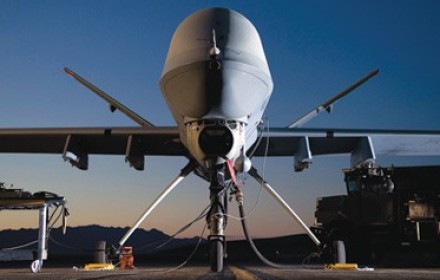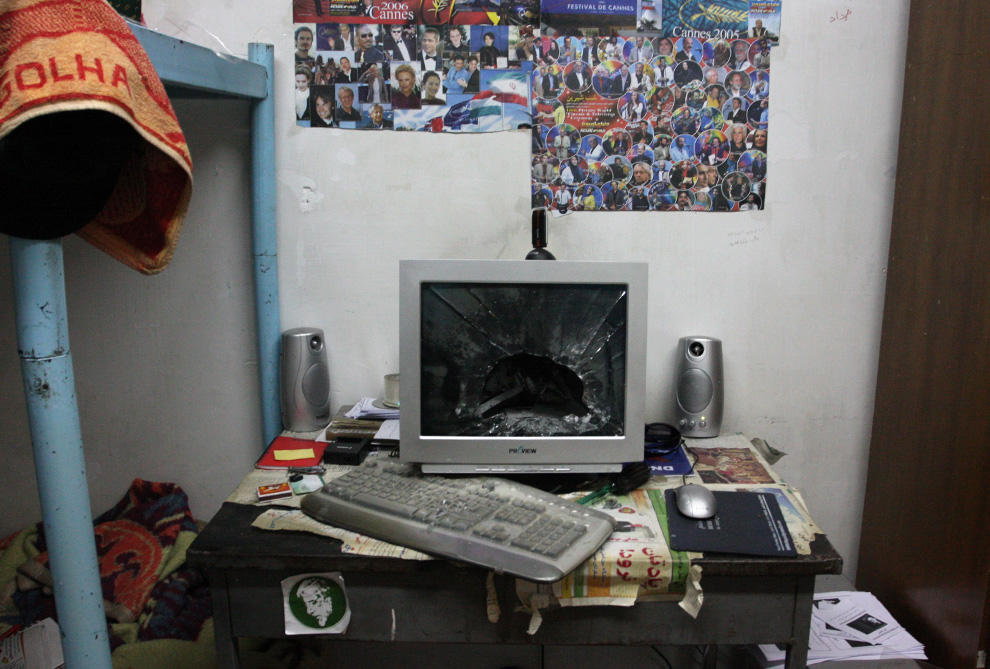“This evening, my thoughts return to the first night I addressed you from this house – Sept. 11, 2001.” Now, there‘s a surprise. To be honest, there’s not much to be said about Dubya’s dismal farewell speech last night, which had been touted earlier in the week as potentially something interesting. [Transcript.] Rather than go the statesman route a la Eisenhower, Dubya chose to spend his last few moments with the nation’s ear dispensing trite, self-serving, and patently idiotic bromides about the world that will do nothing to alter his status in history as one of our worst presidents, if not the worst president, to-date.
I hope to spend very little blog-time in the future attempting to parse the immature, inchoate worldview of this soon-to-be ex-president. But, for example: “When people live in freedom, they do not willingly choose leaders who pursue campaigns of terror.” Uh, they don’t? (No, then it’s called regime change. [rimshot].)
By the way, was America not “free” in the eighteenth and nineteenth centuries, or were Andrew Jackson, John C. Calhoun, and other duly-elected architects of ugly institutions like indian removal and slavery all just part of ye old axis of iniquitye? Now, put your keyboards down, crazy right-wing Freeper-types. (How’d you end up here anyway?) I’m not arguing that the U.S. is evil — I love America (I just hate flag pins.) But I am arguing that it’s never been satisfactorily proven by world events that ostensibly freedom-loving people aren’t capable of horrible atrocities from time to time.
This is the same ridiculous note Dubya struck constantly in his second inaugural (“Freedom, yeah!”), and it still rings false. When people live in freedom, they can willingly choose anything they want, including paths and policies deeply at odds with the direction we — or even common humanity — might want them to go. News flash: Dubya’s windbreaker-clad nemesis, Mahmoud Ahmadinejad, is — along with being a certifiable, Holocaust-denying nutjob — the freely-elected president of Iran. So let’s stop pretending that the introduction (or imposition by force) of a western-style democracy to a region is a sudden and immediate cure-all for that area’s problems. Even after eight years in the world’s most powerful office, Dubya once again showed us last night that he harbors the black-and-white, absolutist worldview of a child…or an ex-alcoholic. Good riddance.
Update: See also DYFL on this Dubya chestnut last night: “Murdering the innocent to advance an ideology is wrong every time, everywhere. Um, yeah.




